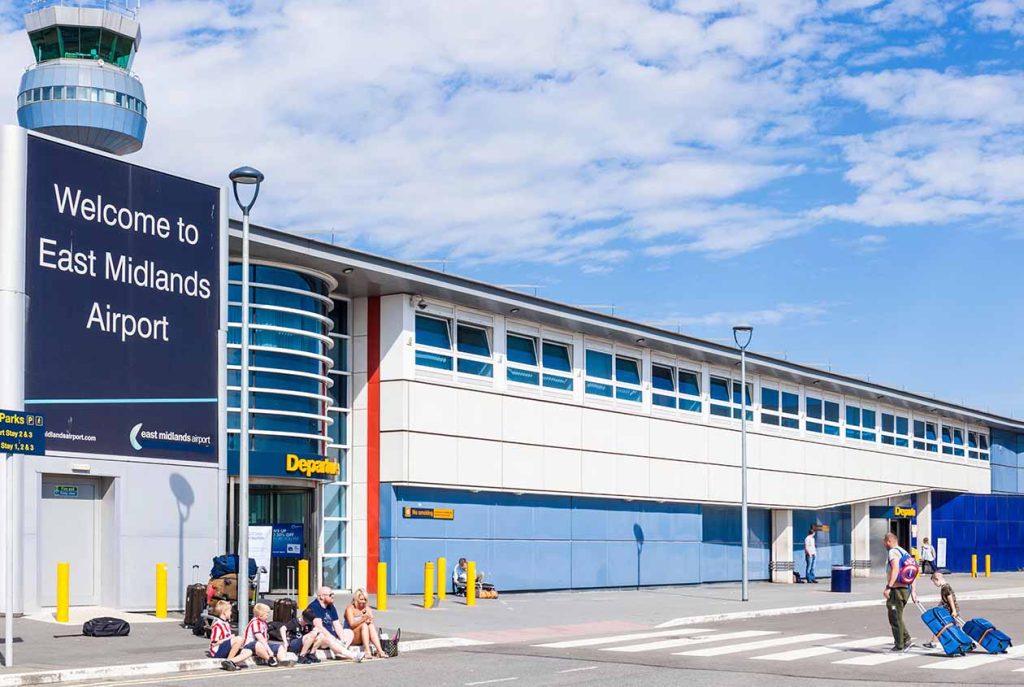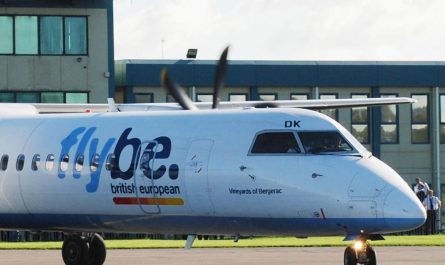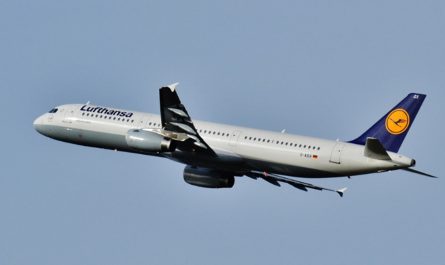There’s something exhilarating about planning a trip to Birmingham, the beating heart of England’s Midlands. The city is an intriguing blend of industrial history, modern architecture, world-class cultural institutions, and a thriving culinary scene. But before you can explore its canals, sample the famous curries, or wander through the Jewellery Quarter, there’s the essential first step: getting there without breaking the bank.
If you’ve ever tried booking a round-trip flight to Birmingham, you’ll know that prices can fluctuate wildly. Sometimes the difference between a hasty booking and a carefully strategized one can amount to hundreds of dollars or euros. The good news? With some insider strategies and a bit of timing finesse, you can consistently land the cheapest deals. In this travelogue-style guide, I’ll share my own journey of researching, comparing, and ultimately booking a flight to Birmingham at a bargain price — and the exact steps you can follow to do the same.
The Research Phase: Setting the Foundation
Before I even opened a booking platform, I knew that setting my expectations was key. Birmingham is served by Birmingham Airport (BHX), but depending on where you’re flying from, you may find better bargains by considering nearby hubs like London Heathrow (LHR), Manchester (MAN), or even East Midlands (EMA). These airports are well-connected to Birmingham by train and coach services, which means that sometimes a slight detour can shave significant amounts off the airfare.

So, my first step was to create a shortlist of possible arrival airports. Then, I tracked general price ranges over a two-week span. Using flight comparison tools gave me a ballpark: peak fares for direct round trips into BHX hovered at around 550–650 USD, while options that required a short train ride from London or Manchester sometimes dipped closer to 400–450 USD.
Right away, I learned that flexibility — both in terms of airport and timing — was going to be my strongest weapon.
Playing the Timing Game
One of the biggest myths in air travel is that there’s a “perfect” day of the week to book. In reality, airlines use dynamic pricing models that adjust constantly based on demand. However, there are still patterns. For example, I noticed that flights mid-week (Tuesday to Thursday departures) consistently priced lower than weekend flights.
Round-trip tickets departing on a Wednesday and returning the following Wednesday were often 20–25% cheaper than leaving Friday and returning Sunday. Business travelers and weekend holidaymakers push up prices during peak times, so sidestepping those windows worked in my favor.
Another key tactic I used was booking roughly 6–8 weeks in advance. Too early, and the deals hadn’t appeared yet; too late, and prices began to surge. Monitoring daily fluctuations using fare alerts helped me pinpoint the sweet spot. On three separate occasions, I watched the same Birmingham route drop by nearly 100 USD within a week, simply because demand dipped.
Using Multiple Platforms
It’s tempting to stick to one well-known search engine or booking app, but this can limit your options. For Birmingham flights, I compared results across:
- Global aggregators like Skyscanner and Google Flights.
- Budget airline websites directly (Ryanair, easyJet, Jet2 for European hops).
- Traditional carriers like British Airways, Lufthansa, and KLM.
Interestingly, the same round-trip itinerary sometimes displayed different prices depending on the platform. In one case, Google Flights showed a round-trip to Birmingham for 520 USD, while the airline’s own website listed it for 489 USD. In another scenario, an aggregator revealed a combination of two one-way tickets (with different carriers) that came to 430 USD total — cheaper than any return ticket shown elsewhere.
The takeaway? Always cross-check before committing.
Considering Alternative Routes
A secret I picked up during this booking process was the value of “split journeys.” Instead of searching only for round-trip flights from my home city to Birmingham, I experimented with combinations. For example, flying into London Heathrow and then taking a train to Birmingham added about 90 minutes of travel but saved almost 150 USD on the ticket.
Similarly, arriving via Manchester or even Dublin sometimes worked out cheaper. Dublin in particular offered some creative itineraries: a budget airline flight into Ireland combined with a low-cost hop to Birmingham. It’s a bit unconventional, but for adventurous travelers who enjoy piecing together multi-leg trips, the savings can be substantial.
Making the Most of Credit Card Rewards
Another crucial step in my flight-hunting journey was leveraging travel credit card perks. If you hold a card that accrues miles or points, Birmingham flights can often be booked using partial rewards plus cash.
For example, one of my cards offered a 25% points bonus when redeeming through its travel portal. By applying 30,000 points, I reduced my Birmingham flight cost from 500 USD to just 275 USD out of pocket. Even better, many travel cards offer benefits like free checked baggage, priority boarding, or lounge access, which sweeten the experience without adding to the price.
Pro tip: Some cards also reimburse you for Global Entry or TSA PreCheck, making the overall airport journey smoother. If you’re booking Birmingham flights regularly, these perks add up fast.
Flexibility With Departure Cities
Here’s a trick that surprised even me: sometimes it’s cheaper to start your Birmingham trip from a neighboring city. For instance, I found fares significantly lower when departing from a secondary airport rather than the main international hub near me. Driving or taking a short domestic flight to another departure city reduced my Birmingham airfare by 20%.
This is especially handy if you live within a few hours’ drive of multiple airports. Expanding your search radius widens the pool of potential bargains.
The Final Booking
After weeks of tracking, testing, and cross-referencing, I finally locked in my Birmingham round-trip for 435 USD. Here’s what made the difference:
- Departing mid-week: I avoided Friday and Sunday departures.
- Flying into London instead of Birmingham directly: Then taking the train to Birmingham city center.
- Redeeming credit card points: This shaved an extra 150 USD off the cost.
- Booking at the right time: Roughly 7 weeks before departure.
When that booking confirmation email landed in my inbox, I felt the same thrill as stepping off the plane into a new city. It was proof that patience and strategy can turn what feels like an expensive necessity into a clever victory.
Tips for Future Birmingham Travelers
If you’re planning your own trip, here’s a condensed checklist of my top strategies:
- Set price alerts early. Watch trends rather than booking impulsively.
- Compare nearby airports. Birmingham isn’t the only option.
- Travel mid-week. Tuesdays and Wednesdays often bring the lowest fares.
- Use credit card rewards. Points and miles can dramatically reduce costs.
- Be flexible with routes. Multi-leg journeys can unlock hidden savings.
- Cross-check platforms. Don’t rely on a single booking site.
- Book 6–8 weeks ahead. This window often strikes the best balance.
Beyond the Ticket: Why It’s Worth the Effort
All this strategizing might sound like a lot of work just for a flight, but think of it this way: every dollar saved on airfare is a dollar you can spend exploring Birmingham itself. Maybe it goes toward a ticket to the Symphony Hall, a feast in the Balti Triangle, or a quirky find in the Jewellery Quarter.

Personally, I used my savings to treat myself to a stay in a boutique hotel right by the canals, which set the tone for the entire trip. The feeling of sipping a cappuccino in the morning sunshine by Brindleyplace, knowing I had flown there for a fraction of the cost others paid, was immensely satisfying.
Finding the lowest-priced round-trip flights to Birmingham isn’t about luck — it’s about strategy, flexibility, and patience. Too many travelers assume that airfares are random or that grabbing a deal depends entirely on being in the right place at the right time. The reality is quite different. Airlines rely on sophisticated algorithms, and with a little insider knowledge, you can work within that system to your advantage. By tracking fares over time, keeping an eye on trends, and setting alerts, you begin to see patterns emerge. Some weeks show dramatic dips in price, while others surge due to high demand. That’s why persistence pays off.
Another powerful tool is considering alternative routes. While Birmingham Airport (BHX) offers the convenience of landing right in the heart of the Midlands, it’s not always the cheapest option. Exploring nearby airports such as London Heathrow, Manchester, or even Dublin can reveal deals that slice a significant amount off the ticket price. The extra leg of the journey — whether by train, coach, or a short connecting flight — often costs far less than the savings on airfare. For flexible travelers, this approach transforms what could have been a pricey trip into a far more affordable adventure.
Then there are the hidden benefits of leveraging travel credit cards. For frequent flyers, miles and points are more than just numbers in an account; they are currency. Redeeming them wisely, combining them with cash fares, or tapping into perks such as free checked baggage or travel insurance can make a substantial difference. Suddenly, what might have seemed like an expensive route becomes entirely manageable, sometimes even luxurious, without the luxury price tag.
And timing matters. Booking too early or too late often leads to inflated costs, while that sweet spot of six to eight weeks before departure is where the best bargains usually appear. Pair that with mid-week departures, and you’ve already beaten most of the crowd at their own game.
Birmingham itself is a city of surprises: historic yet modern, industrial yet artistic, bustling yet welcoming. Landing here with the satisfaction of having saved on airfare sets the tone for the rest of your journey. You can step off the plane knowing that you outsmarted the system, leaving more budget for exploring canals, savoring world-class cuisine, or enjoying the city’s cultural gems. Because ultimately, travel is about experiences, not receipts — and the smartest travelers know how to maximize both.




